
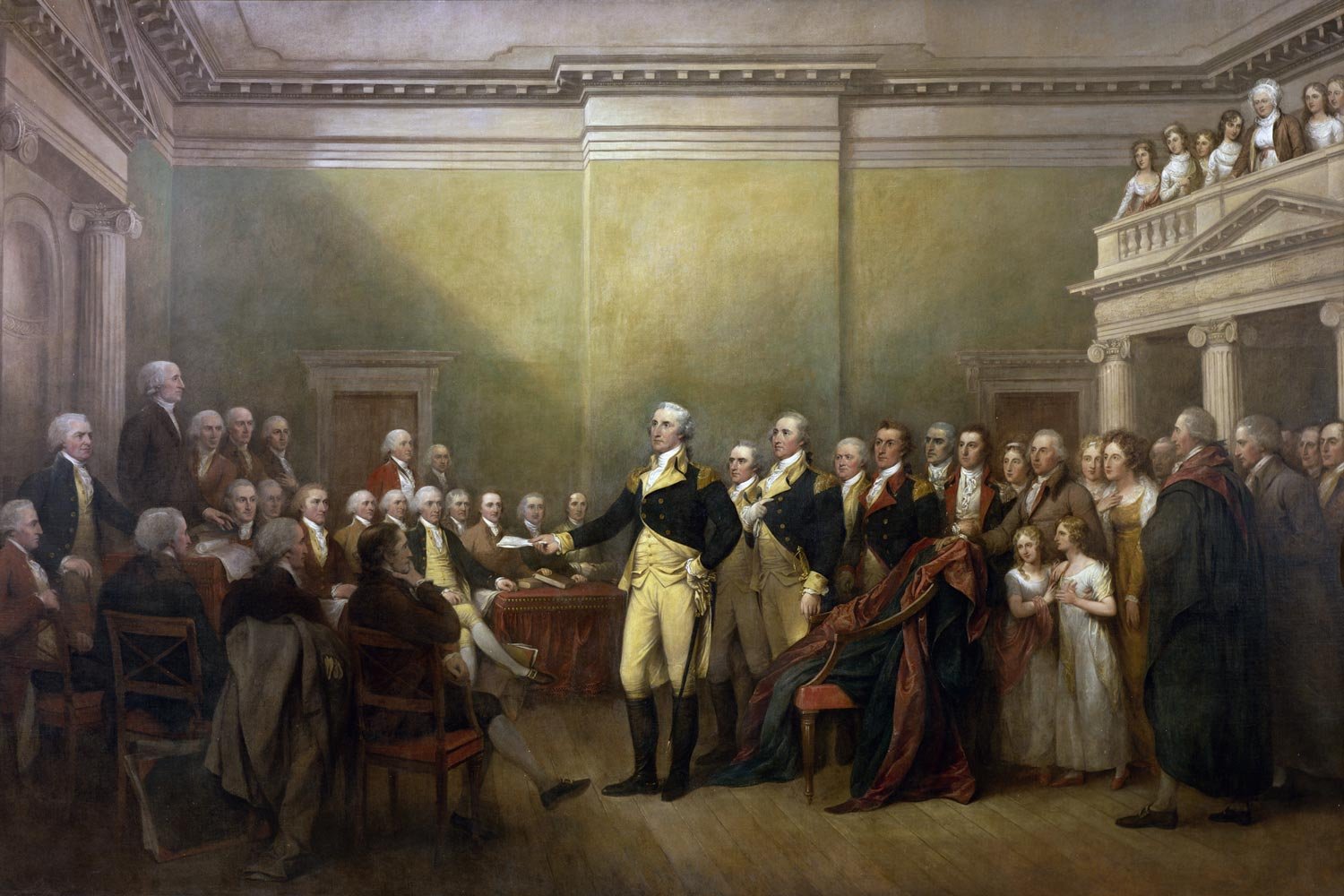
General George Washington’s Finest Hour
Following the signing of the Treaty of Paris on September 3, 1783, the need to retain the Continental Army was diminished. With Congress financially broke and little reason to think that situation would change given they had no authority to tax, they decided to cut their costs and dissolved the army.
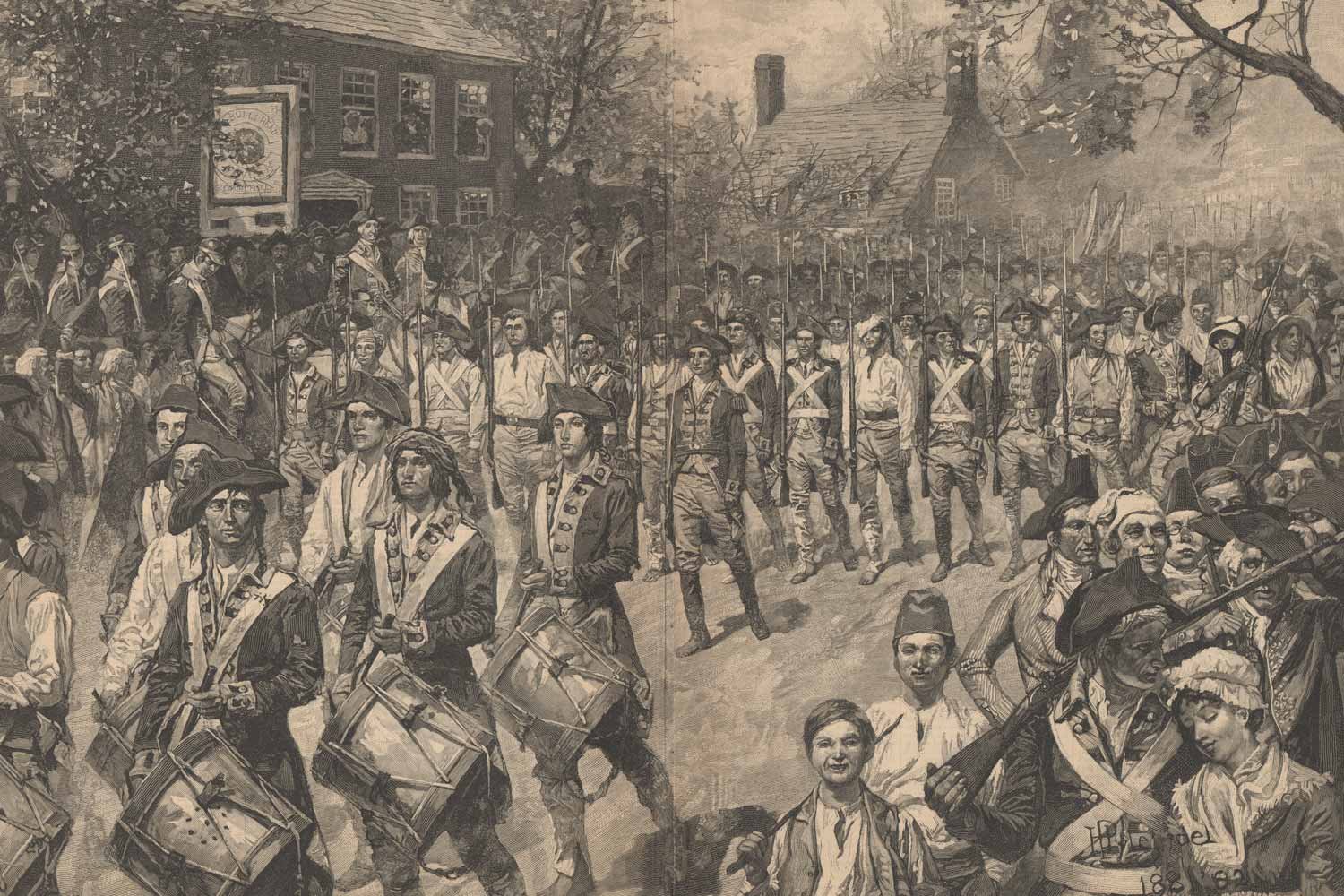
Aftermath of the Newburgh Conspiracy
The Newburgh Conspiracy represents a time when our nation came closest to deviating from our core revolutionary principles of representative government with civilian control of the military. Because of a weak Confederation Congress and unhappiness within the officer ranks of the Continental Army, the stage was set for our new nation to drift into a military dictatorship or monarchy.
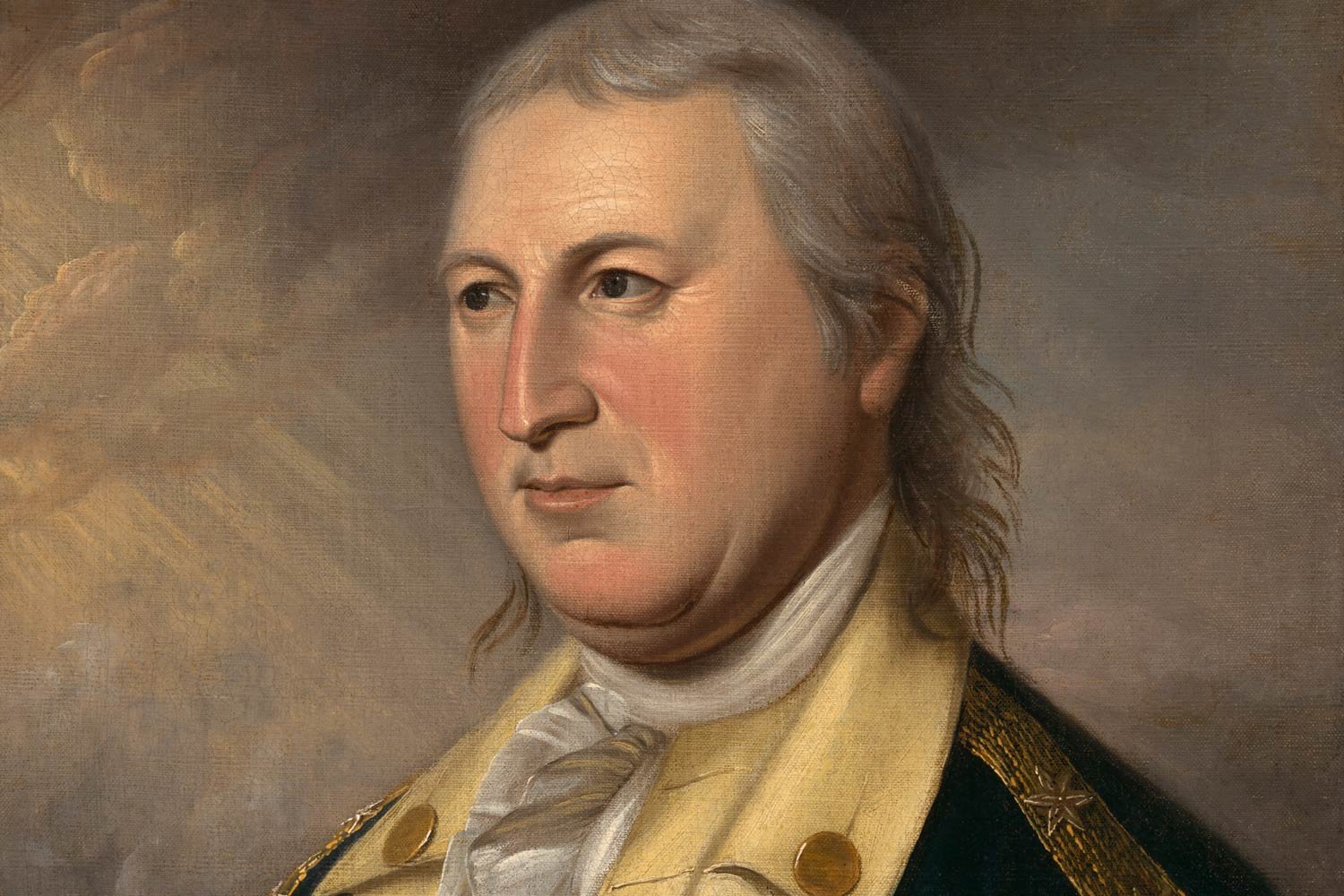
The Newburgh Conspiracy: Washington Ends a Crisis
By early 1783, America was close to finalizing its peace agreement with England. However, the Confederation Congress had some issues to resolve with its own discontented Continental Army, as the internal threat of mutiny appeared worse than the external one posed by British forces.
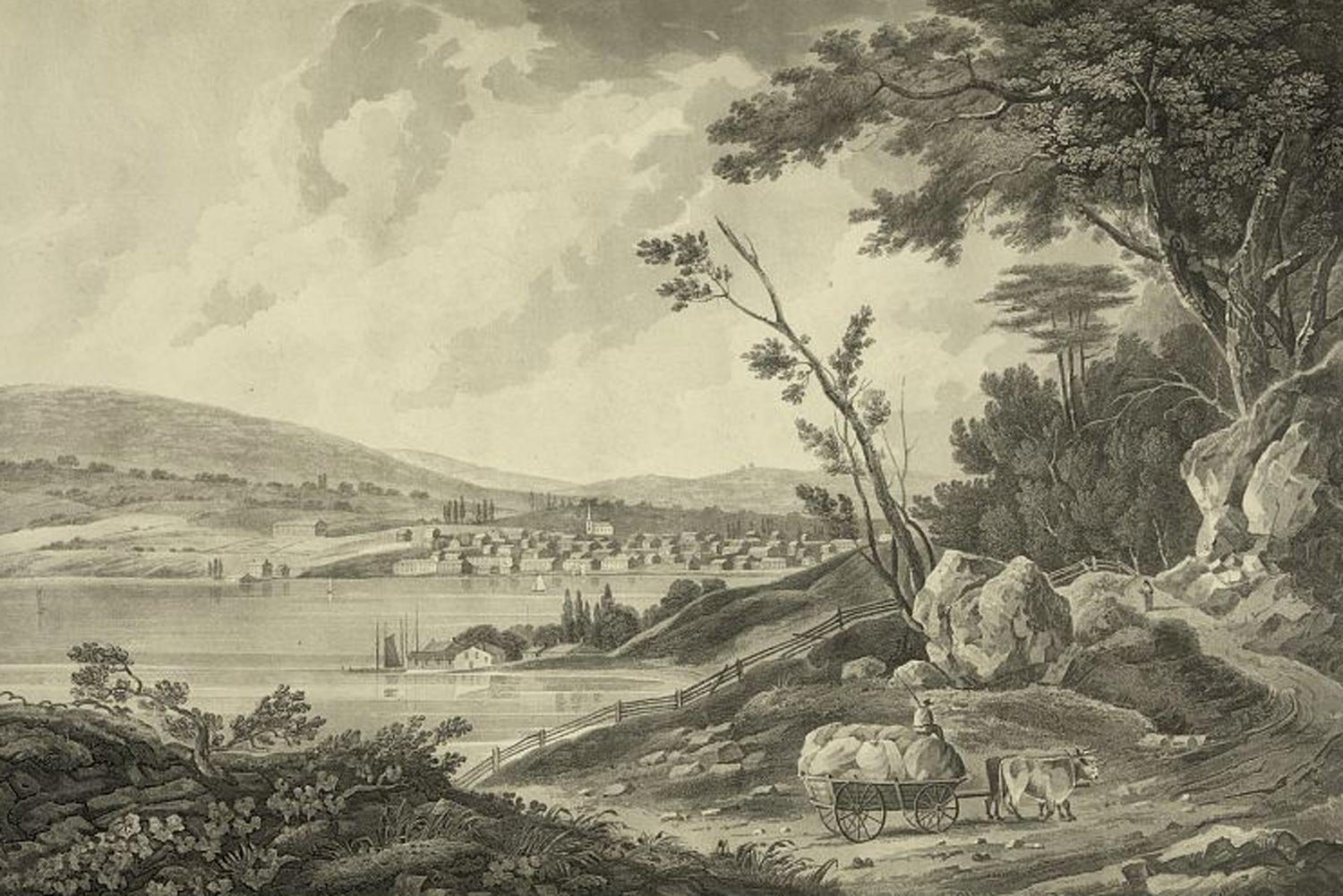
The Newburgh Conspiracy: Dissension in the Ranks
We take civilian control of the military for granted today in America. However, were it not for General George Washington’s actions and words in the so-called Newburgh Conspiracy, things might be quite a bit different.
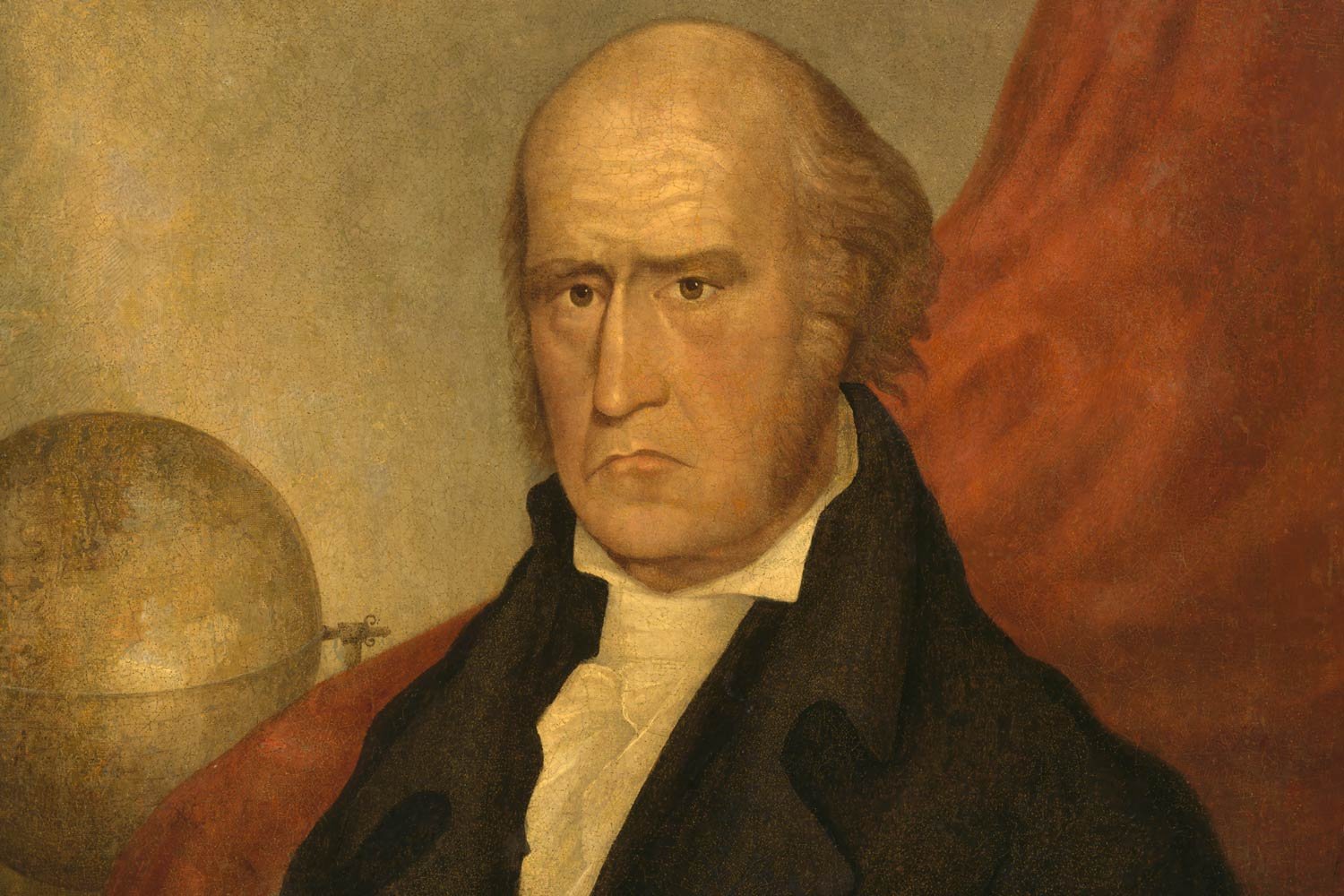
The Legacy of George Rogers Clark
The Treaty of Paris was signed on September 3, 1783, officially ending the American Revolution and granting independence to the United States of America. Perhaps more importantly for the settlers in Kentucky, the treaty brought an end to the steady stream of English guns and gunpowder to the Indians that had relentlessly attacked Kentucky during the war.
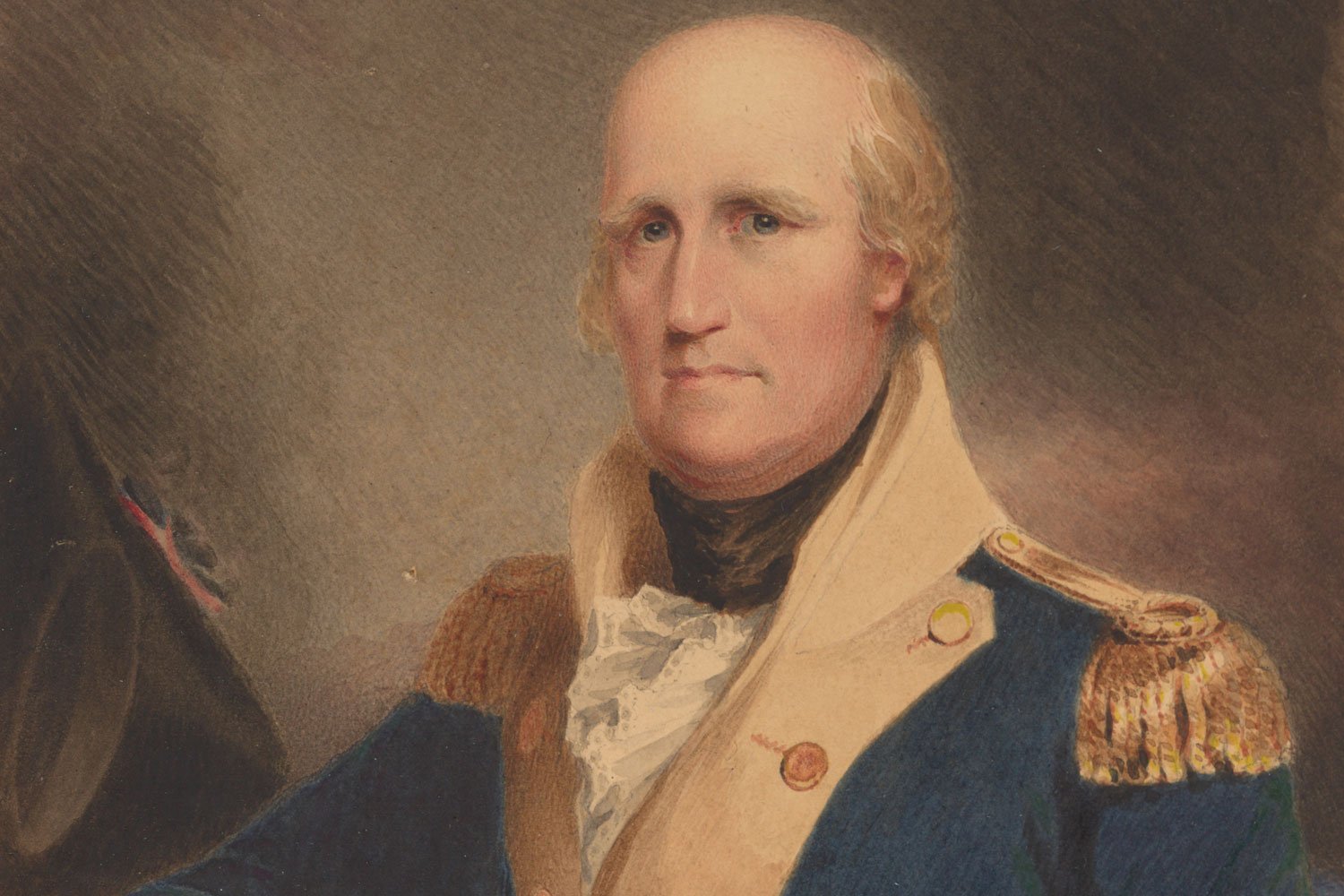
The Early Life of George Rogers Clark
On the eve of the American Revolution, the lands west and south of the Appalachians were ripe for conquest. All that was needed to exploit this cauldron of trouble and take over this vast land was an intrepid man with a vision and a band of determined followers. That leader would emerge in the person of George Rogers Clark, and his extraordinary efforts would secure the Ohio River Valley for the United States.
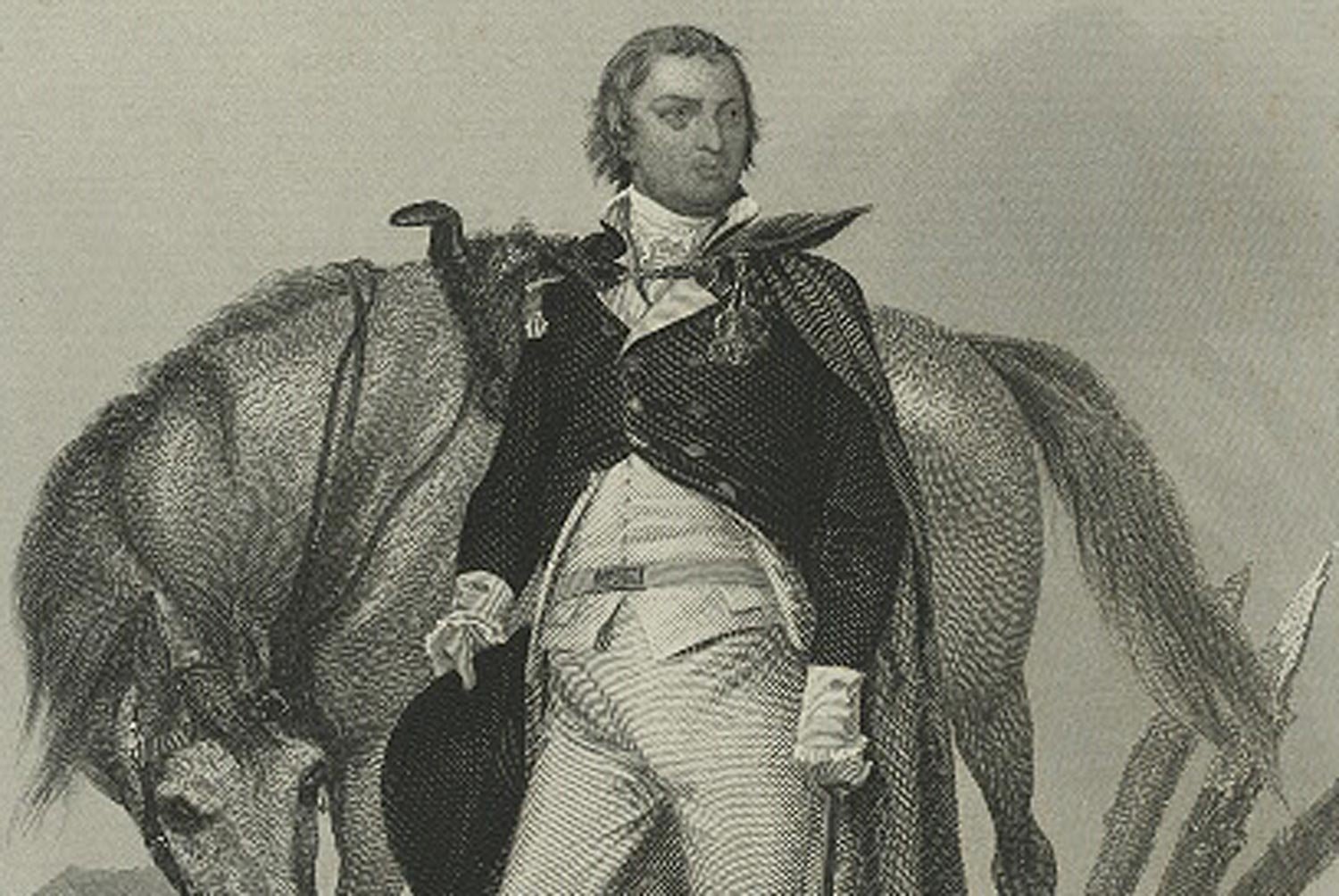
The Legacy of Nathanael Greene
Nathanael Greene was truly the savior of the south, and significantly responsible for winning the American Revolution. His contemporaries recognized this fact, and awards, accolades, and even land grants were given to Greene.
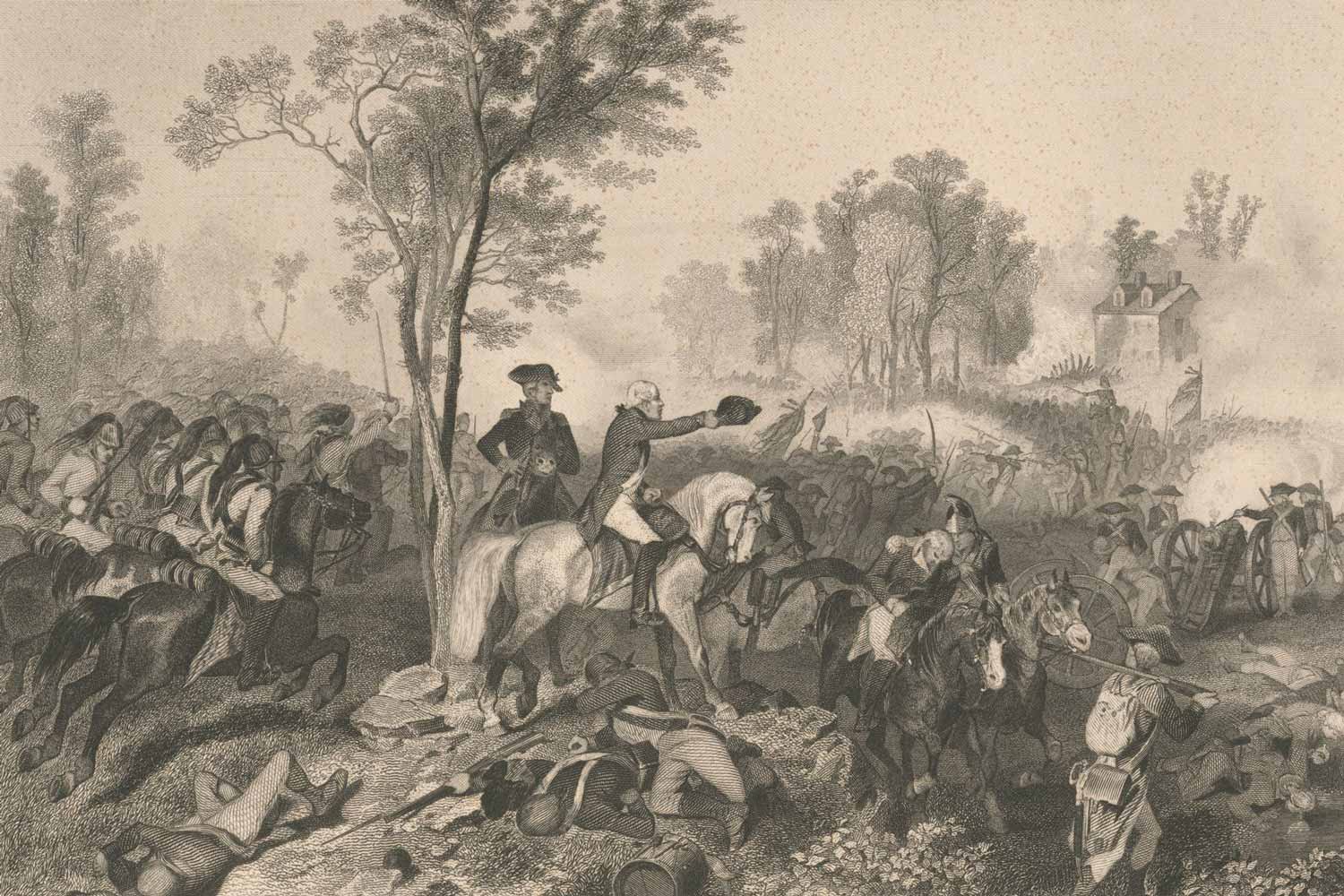
Closing Scenes in the Southern Theater of the Revolutionary War
By the late summer of 1781, the American Revolution in the south was drawing to a close. Hoping to inflict more damage to the British, Major General Nathanael Greene, the commander of the southern Continental Army, planned a strike at the one remaining British army in South Carolina.
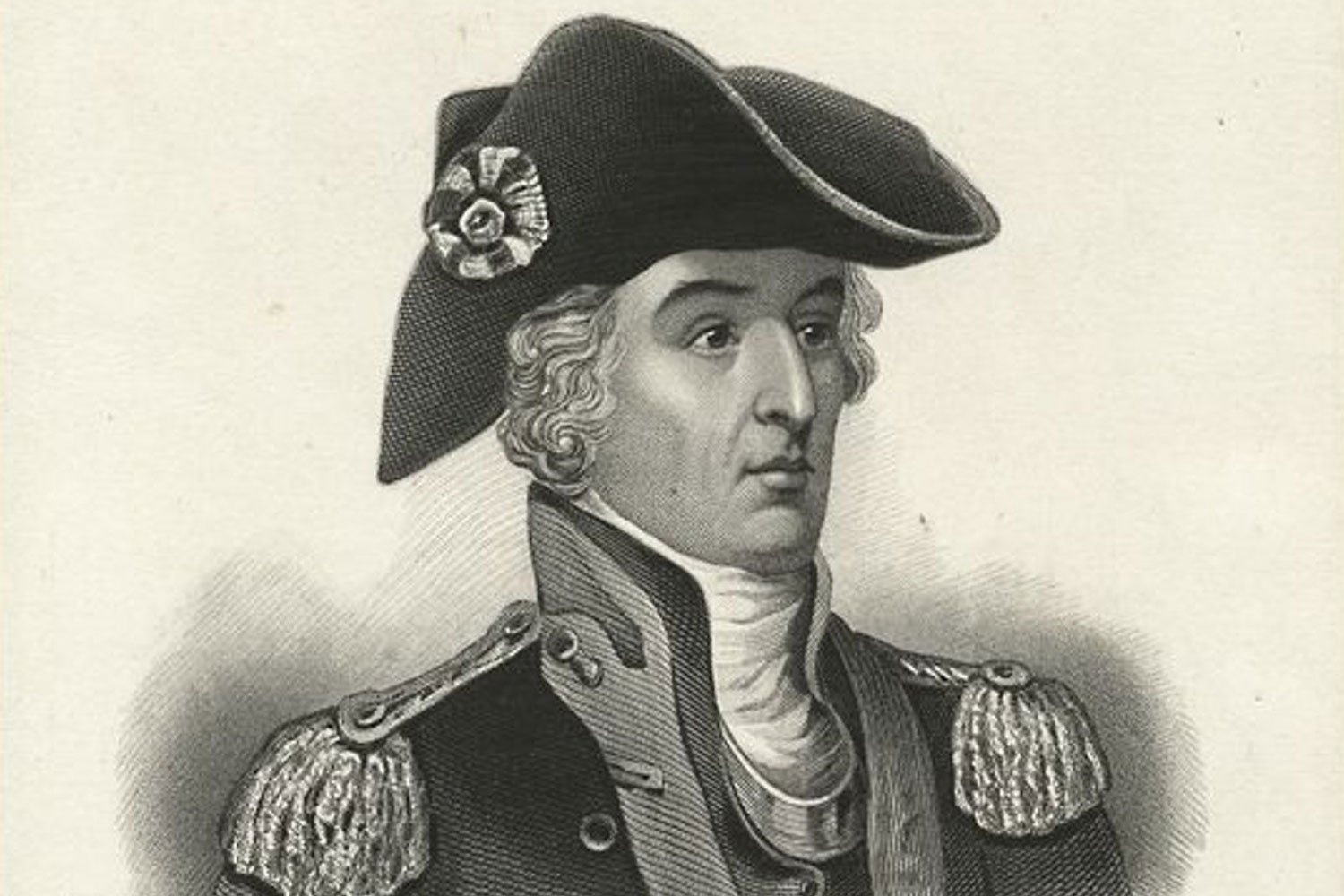
Nathanael Greene Retakes the Carolinas
When General Nathanael Greene crossed the Dan River and escaped to Virginia on February 14, 1781, Lord Charles Cornwallis’s British army controlled all of North Carolina, and most of South Carolina and Georgia. Within the short span of seven weeks, all that would change.
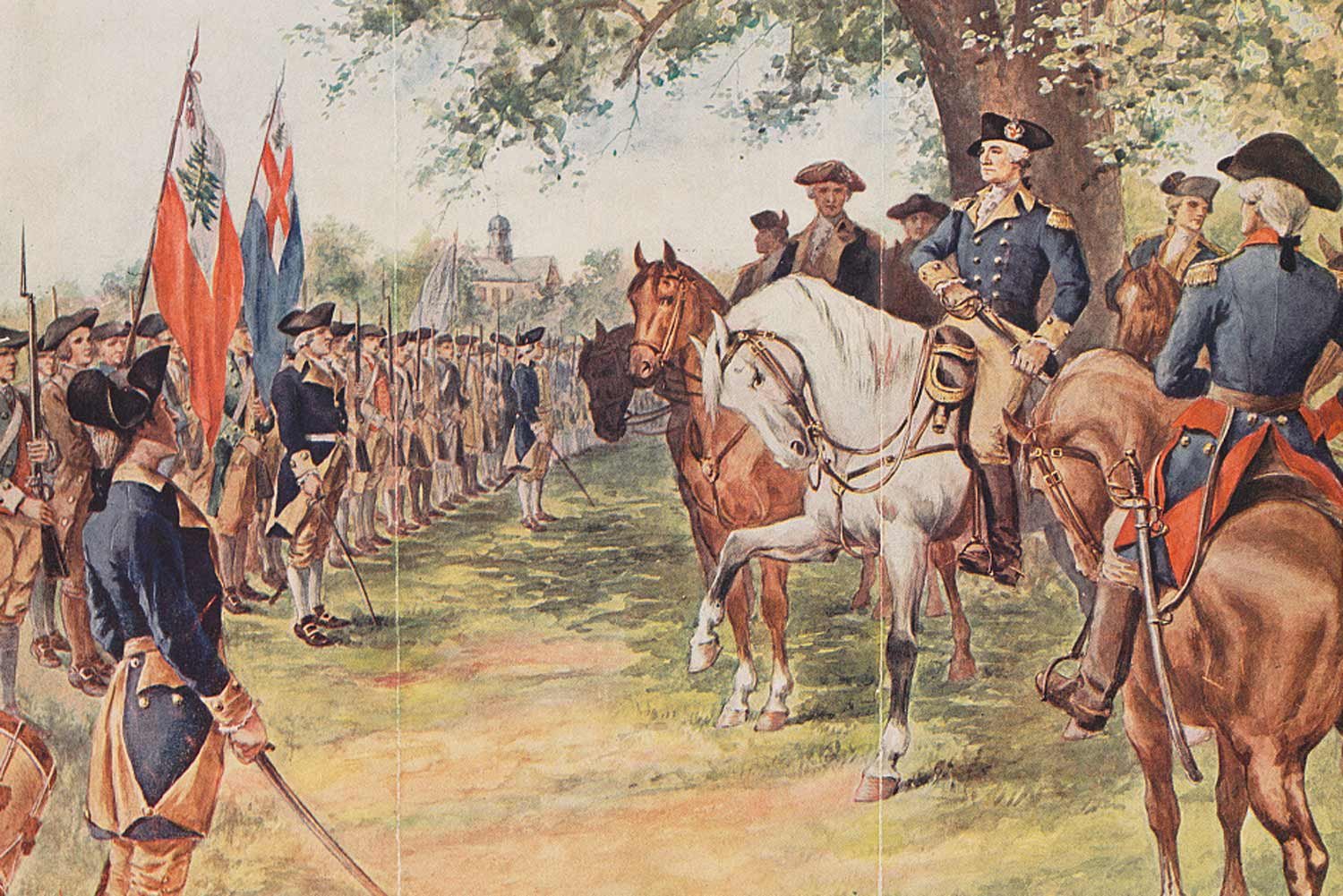
Daniel Morgan Joins Fight for Independence
Daniel Morgan was inspired by America’s desire for independence as early as 1774, when England imposed the Intolerable Acts on the colony of Massachusetts. Morgan felt a natural resentment to this imposition of British authority, tracing back to his unpleasant experiences serving the British army as a wagoner during the French and Indian War.
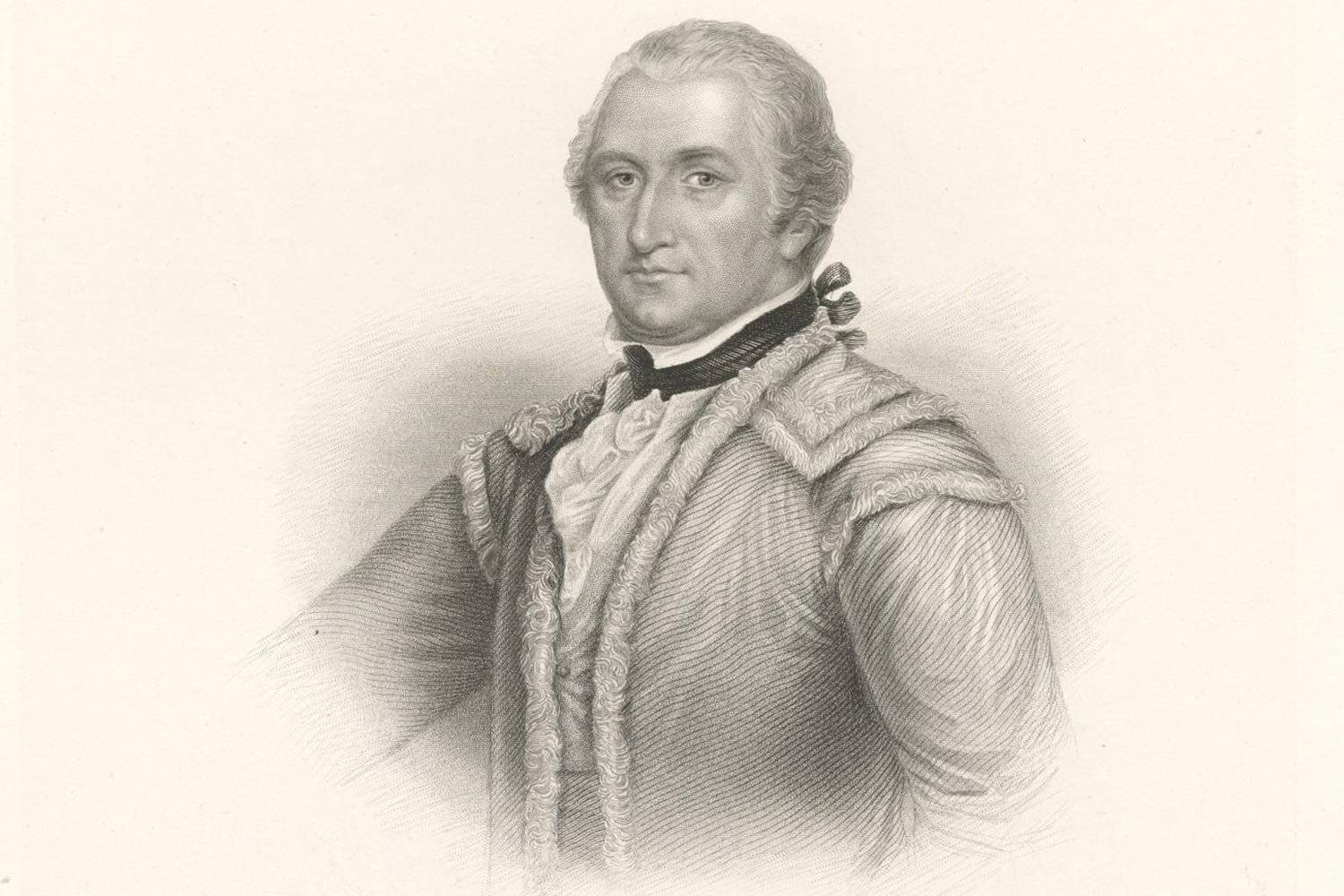
Daniel Morgan Comes of Age
Daniel Morgan, the victor of Cowpens, was one of America’s best battlefield tacticians during the American Revolution. He rose from a hard scrabble childhood to national prominence solely on his merit and ability, overcoming his lack of political connections and wealth. Morgan’s story is a truly inspirational tale.
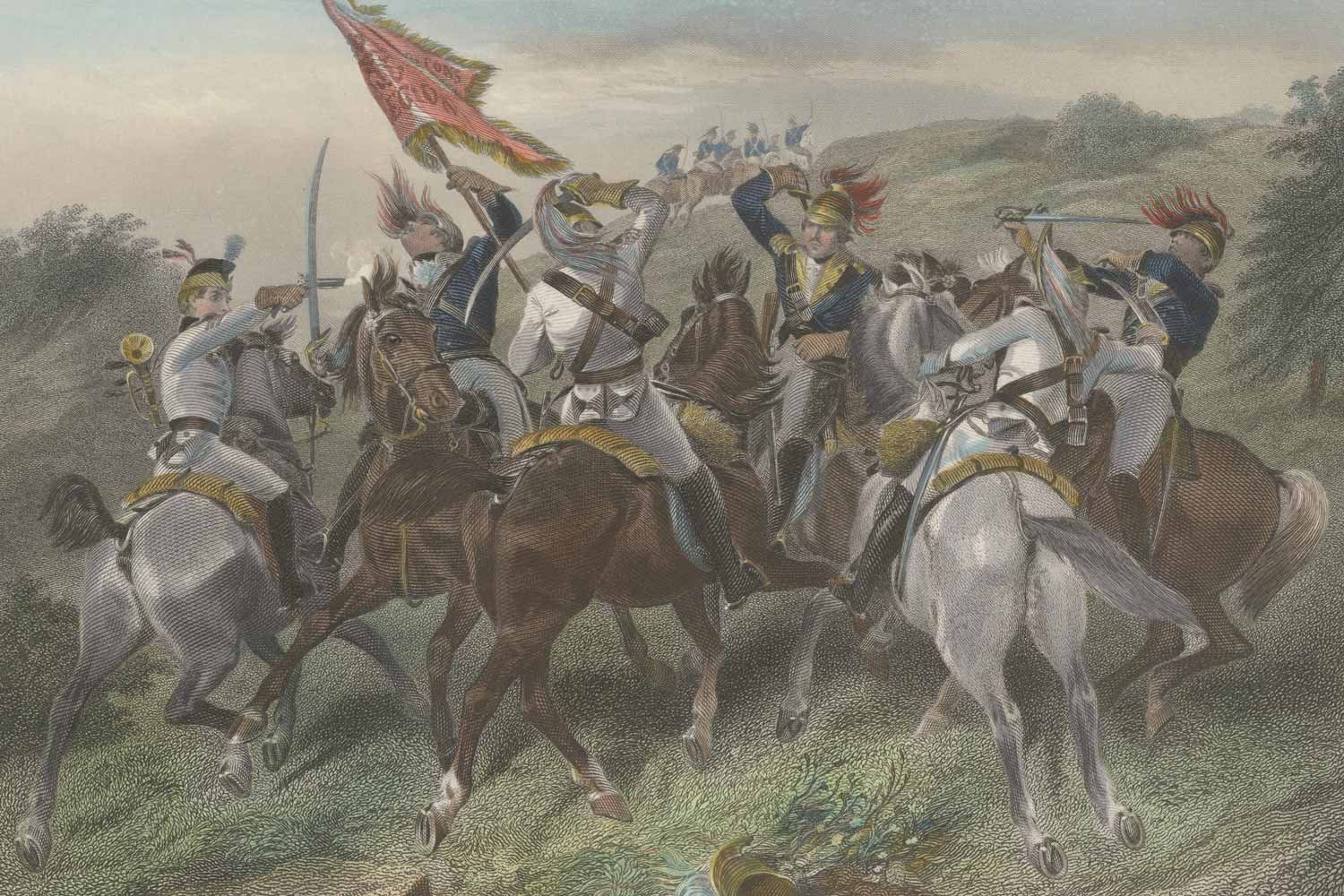
Nathanael Greene Takes Command of Southern Continental Army
Despite the disastrous defeat at King’s Mountain on October 7, 1780 and several victories by Patriot partisans, Lord Charles Cornwallis and the British army still controlled most of South Carolina and Georgia at end of 1780. The new year would see a reverse of fortunes for the American cause as two gifted commanders, Major General Nathanael Greene and Brigadier General Daniel Morgan, took the helm of the southern Continental Army.




